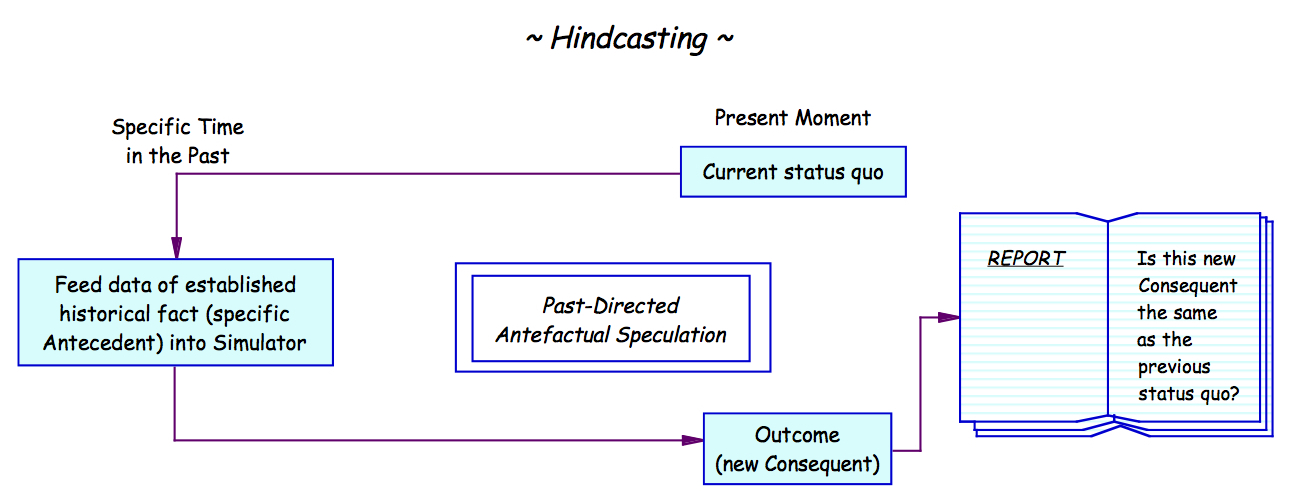|
Noise Trader
A noise trader is a stock trader whose decisions to buy or sell are based on "factors they believe to be helpful but in reality will give them no better returns than random choices". These factors may include hype or rumor, which noise traders believe to be reliable signals of future returns, but which are actually forms of economic noise that cannot be used to accurately predict the future value of a stock. Noise traders do not trade randomly; their decisions are systematic. However, their trading decisions are not based on professional advice or a business's fundamentals, and the purported signals used by noise traders are more unreliable than those used by technical analysts. Therefore, returns on their trading decisions are expected to be no better than random choices. Noise traders often act irrationally: they tend to be emotion-driven, impulsive, reactive, and herd-like. The presence of noise traders in financial markets can cause prices and risk levels to diverge from ex ... [...More Info...] [...Related Items...] OR: [Wikipedia] [Google] [Baidu] |
Stock Trader
A stock trader or equity trader or share trader, also called a stock investor, is a person or company involved in trading equity securities and attempting to profit from the purchase and sale of those securities. Stock traders may be an investor, agent, hedger, arbitrageur, speculation, speculator, or stockbroker. Such equity trading in large public company, publicly traded companies may be through a stock exchange. Stock shares in smaller public companies may be bought and sold in over-the-counter (finance), over-the-counter (OTC) markets or in some instances in equity crowdfunding platforms. Stock traders can trade on their own account, called proprietary trading or self-directed trading, or through an agent (law), agent authorized to buy and sell on the owner's behalf. That agent is referred to as a stockbroker. Agents are paid a commission (remuneration), commission for performing the trade. Proprietary or self-directed traders who use online brokerages (e.g., Fidelity, I ... [...More Info...] [...Related Items...] OR: [Wikipedia] [Google] [Baidu] |
Noise (economic)
Economic noise, or simply noise, describes a theory of pricing developed by Fischer Black. Black describes noise as the opposite of information: hype, inaccurate ideas, and inaccurate data. His theory states that noise is everywhere in the economy and we can rarely tell the difference between it and information. Noise has two broad implications. *It allows speculative trading to occur (see below). *It is indicative of market inefficiency. Loudon and Della Bitta (1988) refer to noise as “a type of disruption in the communication process” and go further stating that "each state of the communication process is susceptible to (this) message distortion." (As cited in Wu & Newell, 2003). Therefore, we can say that noise is a disruption within the communication process and can be found in all forms within the communication process. and in a procces have a something special, because they have a same synonym. Some examples of noise could be distortion of a television advertisement or in ... [...More Info...] [...Related Items...] OR: [Wikipedia] [Google] [Baidu] |
Fundamental Analysis
Fundamental analysis, in accounting and finance, is the analysis of a business's financial statements (usually to analyze the business's assets, Liability (financial accounting), liabilities, and earnings); health; Competition, competitors and Market (economics), markets. It also considers the overall state of the economy and factors including interest rates, production, earnings, employment, GDP, housing, manufacturing and management. There are two basic approaches that can be used: bottom up analysis and top down analysis. These terms are used to distinguish such analysis from other types of investment analysis, such as technical analysis. Fundamental analysis is performed on historical and present data, but with the goal of making financial forecasts. There are several possible objectives: * to conduct a company stock valuation and predict its probable price evolution; * to make a projection on its business performance; * to evaluate its management and make internal business d ... [...More Info...] [...Related Items...] OR: [Wikipedia] [Google] [Baidu] |
Technical Analysis
In finance, technical analysis is an analysis methodology for analysing and forecasting the direction of prices through the study of past market data, primarily price and volume. As a type of active management, it stands in contradiction to much of modern portfolio theory. The efficacy of technical analysis is disputed by the efficient-market hypothesis, which states that stock market prices are essentially unpredictable, and research on whether technical analysis offers any benefit has produced mixed results.Osler, Karen (July 2000). "Support for Resistance: Technical Analysis and Intraday Exchange Rates," FRBNY Economic Policy Reviewabstract and paper here. It is distinguished from fundamental analysis, which considers a company's financial statements, health, and the overall state of the market and economy. History The principles of technical analysis are derived from hundreds of years of financial market data. Some aspects of technical analysis began to appear in Amste ... [...More Info...] [...Related Items...] OR: [Wikipedia] [Google] [Baidu] |
The Journal Of Political Economy
The ''Journal of Political Economy'' is a monthly peer-reviewed academic journal published by the University of Chicago Press. Established by James Laurence Laughlin in 1892, it covers both theoretical and empirical economics. In the past, the journal published quarterly from its introduction through 1905, ten issues per volume from 1906 through 1921, and bimonthly from 1922 through 2019. The editor-in-chief is Esteban Rossi-Hansberg (University of Chicago). It is considered one of the top five journals in economics. JPE Micro and JPE Macro In 2023, University of Chicago Press announced the establishment of Journal of Political Economy Microeconomics (JPE Micro) and Journal of Political Economy Macroeconomics (JPE Macro), two new journals that are vertically integrated with the Journal of Political Economy. Abstracting and indexing The journal is abstracted and indexed in EBSCO, ProQuest, EconLit, Research Papers in Economics, Current Contents/Social & Behavioral Scien ... [...More Info...] [...Related Items...] OR: [Wikipedia] [Google] [Baidu] |
Noisy Market Hypothesis
In finance, the noisy market hypothesis contrasts the efficient-market hypothesis in that it claims that the prices of securities are not always the best estimate of the true underlying value of the firm. It argues that prices can be influenced by speculators and momentum traders, as well as by insiders and institutions that often buy and sell stocks for reasons unrelated to fundamental value, such as for diversification, liquidity and taxes. These temporary shocks referred to as "noise" can obscure the true value of securities and may result in mispricing of these securities, potentially for many years. , |
Quantitative Analyst
Quantitative analysis is the use of mathematical and statistical methods in finance and investment management. Those working in the field are quantitative analysts (quants). Quants tend to specialize in specific areas which may include derivative structuring or pricing, risk management, investment management and other related finance occupations. The occupation is similar to those in industrial mathematics in other industries. The process usually consists of searching vast databases for patterns, such as correlations among liquid assets or price-movement patterns (trend following or reversion). Although the original quantitative analysts were "sell side quants" from market maker firms, concerned with derivatives pricing and risk management, the meaning of the term has expanded over time to include those individuals involved in almost any application of mathematical finance, including the buy side. Applied quantitative analysis is commonly associated with quantitative investment m ... [...More Info...] [...Related Items...] OR: [Wikipedia] [Google] [Baidu] |
Behavioral Economics
Behavioral economics is the study of the psychological (e.g. cognitive, behavioral, affective, social) factors involved in the decisions of individuals or institutions, and how these decisions deviate from those implied by traditional economic theory. Behavioral economics is primarily concerned with the bounds of rationality of economic agents. Behavioral models typically integrate insights from psychology, neuroscience and microeconomic theory. Behavioral economics began as a distinct field of study in the 1970s and 1980s, but can be traced back to 18th-century economists, such as Adam Smith, who deliberated how the economic behavior of individuals could be influenced by their desires. The status of behavioral economics as a subfield of economics is a fairly recent development; the breakthroughs that laid the foundation for it were published through the last three decades of the 20th century. Behavioral economics is still growing as a field, being used increasingly in ... [...More Info...] [...Related Items...] OR: [Wikipedia] [Google] [Baidu] |


